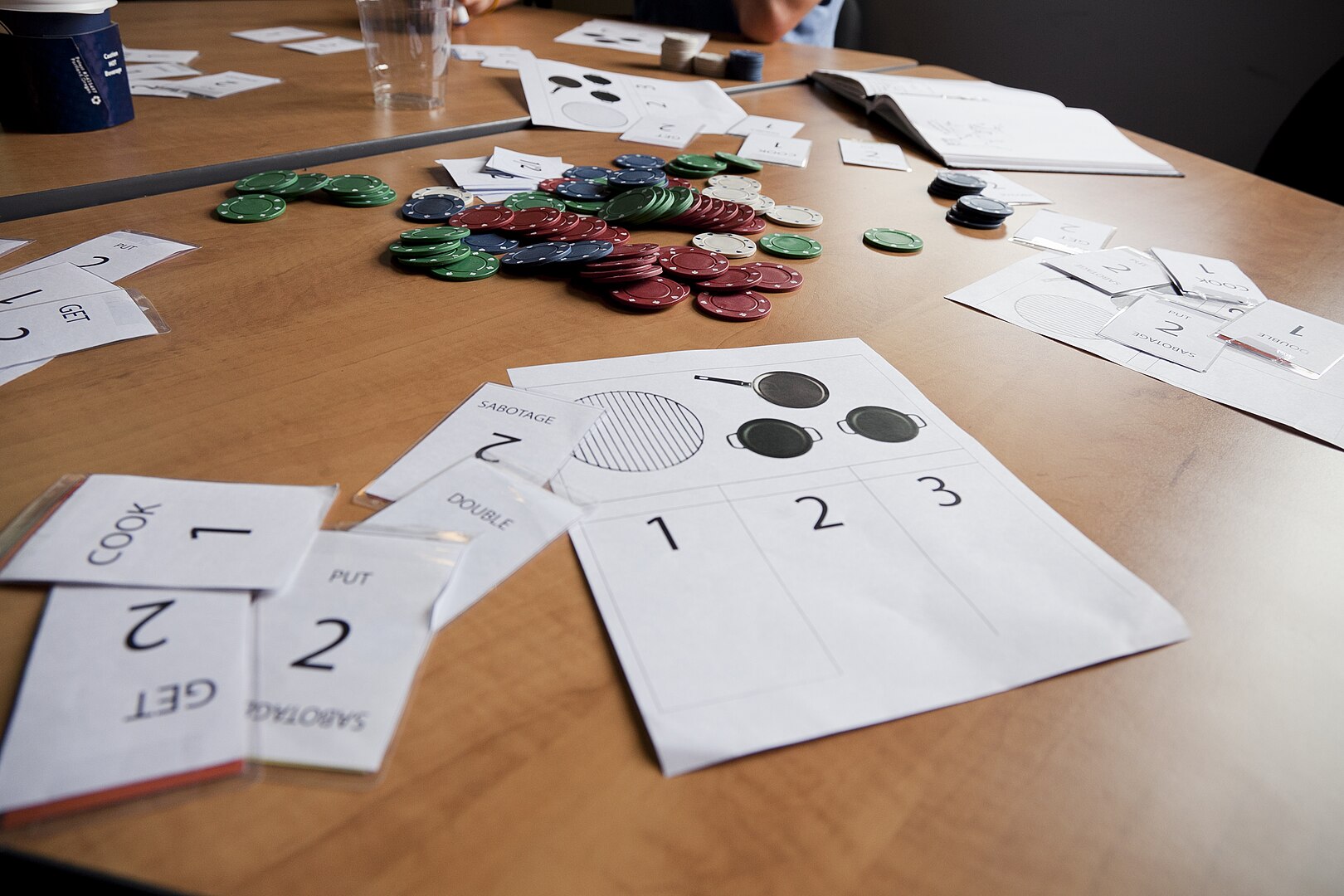A FAIRy tale
https://doi.org/10.5281/zenodo.2248200
The book explains the FAIR data principles with both a fictitious story and an easily understandable explanation of each principle.
Hansen, Karsten Kryger, Buss, Mareike & Haahr, Lea Sztuk. (2018). A FAIRy tale (p. 40). Zenodo.
A gamified Open Science activity - Open Science Quest
 OpenAIRE-Bootcamp_2022_OpenScienceQuest.pdf
OpenAIRE-Bootcamp_2022_OpenScienceQuest.pdf
Jonathan England, CC-BY 4.0
Data Horror Escape Room
https://sites.google.com/vu.nl/datahorror/home
(VU Amsterdam, Eindhoven University of Technology and Leiden University)
Open Science Escape Room
https://sites.google.com/vu.nl/open-science-escape-room/homepage
Open Science Quest
 Open Science Quest.html
Open Science Quest.html
Example of an interactive story to teach about ORCID. You can expand on the story by creating your own branching scenarios:
Exercise guidelines
To simplify the creation process, I will set a few instructions to follow. You are welcome to do whatever you want obviously, but it sometimes helps to have some restrictions in place to not lose focus of what you're trying to achieve: teaching about a topic.
- Act 3: you received the model from the author, but you cannot open it (proprietary file format) and/or once you do, you cannot make sense of it (lack of documentation). The learning objective of this act is getting familiar with the FAIR principles.
- End of Act 3: the engineers have to successfully compile the model on their pad, run it and get the new parameters which fixes the issue with the hyperdrive overheating.
- Make use of the onboard AI as an ally in your story (do not make it a villain)
- Use at least one decision choice that is meaningful and has an impact on the story (it doesn't have to be the ship exploding). But this choice should branch back at the end (i.e. only one ending).
- Have one "free text" parameter that the player has to enter (e.g. the parameters needed to repair the hyperdrive).
- Avoid using randomisation (e.g. dice throwing) or knowledge quiz in your story.
- You should mention at least once the "FAIR principles", but avoid giving a formal definition. Aim towards integrating it 'organically' within the story.
The tool used to create the story is Twine (.twee):
https://twinery.org/To visualise it: Use in your browser > Library > Import
Open Science Training Handbook
https://open-science-training-handbook.github.io/Open-Science-Training-Handbook_EN/05ExamplesAndPracticalGuidance/
Research support games list
https://figshare.com/articles/online_resource/Research_Support_Games_List/16652701
SSH Training Discovery Toolkit
https://training-toolkit.sshopencloud.eu/entities?search=&f%5B0%5D=content_type%3Asource&f%5B1%5D=format_taxonomy_term_name%3AEducational%20game
The Author's Right Quiz
https://coalitions.typeform.com/rightsretention?typeform-source=www.coalition-s.org
The FAIRytale of software citations
https://doi.org/10.5281/zenodo.3630398

